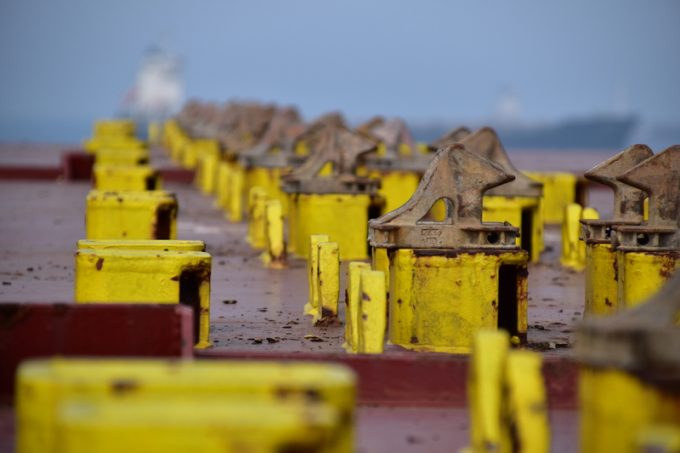UK competition regulator extends GXO-Wincanton decision day
The UK’s Competition and Markets Authority (CMA) has extended its deadline for a decision on ...

The International Transport Workers’ Federation (ITF) attempts to force ships to use dockers for container lashing, which violates EU competition law, claims a Benelux law firm.
AKD, representing six European shortsea and feeder ship operators, has filed an official complaint to the European Commission.
Via the law ...

Comment on this article